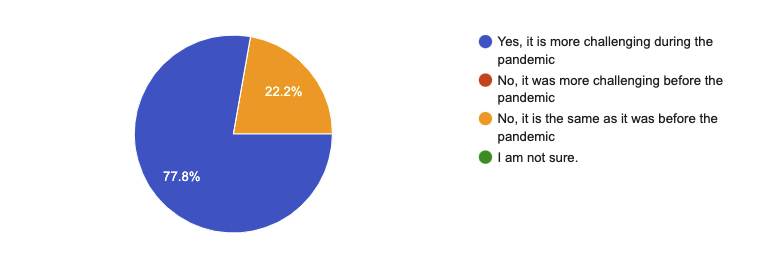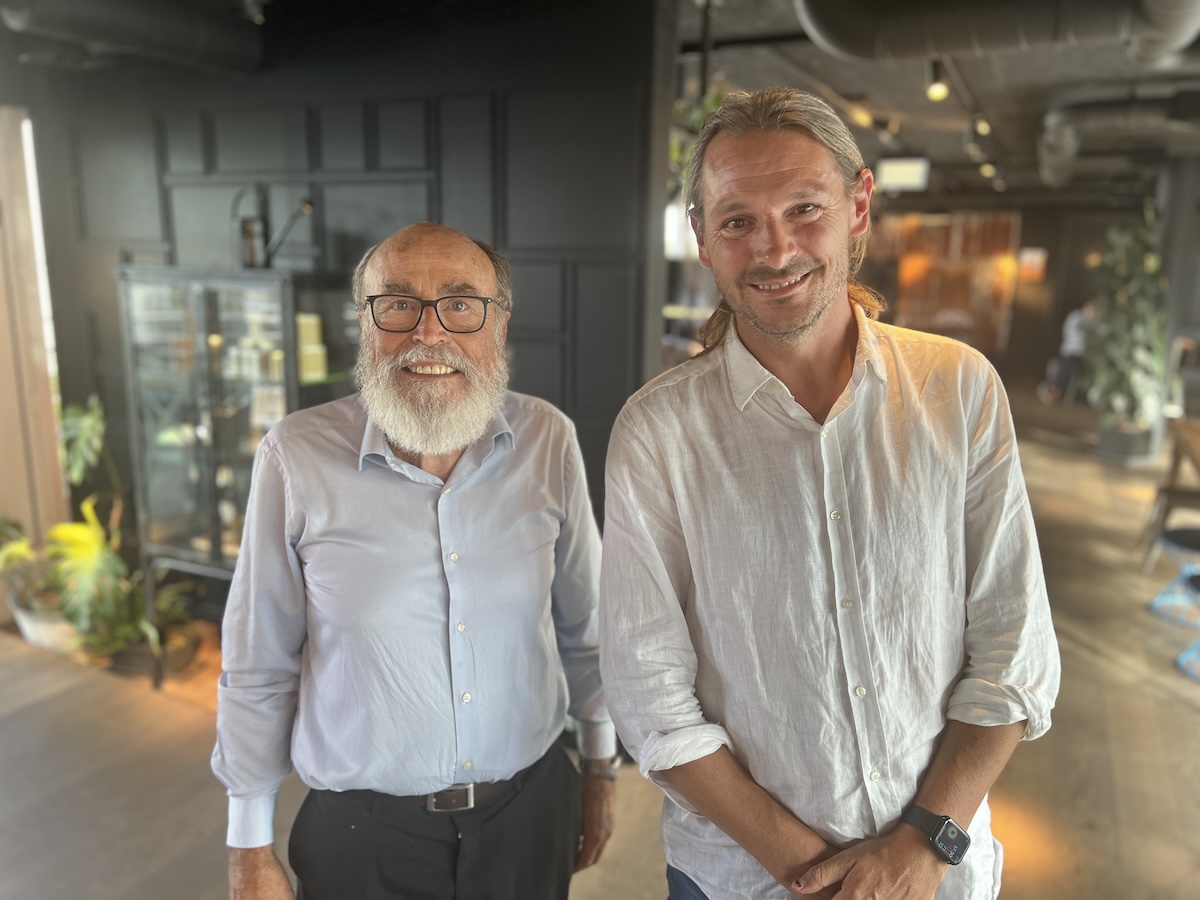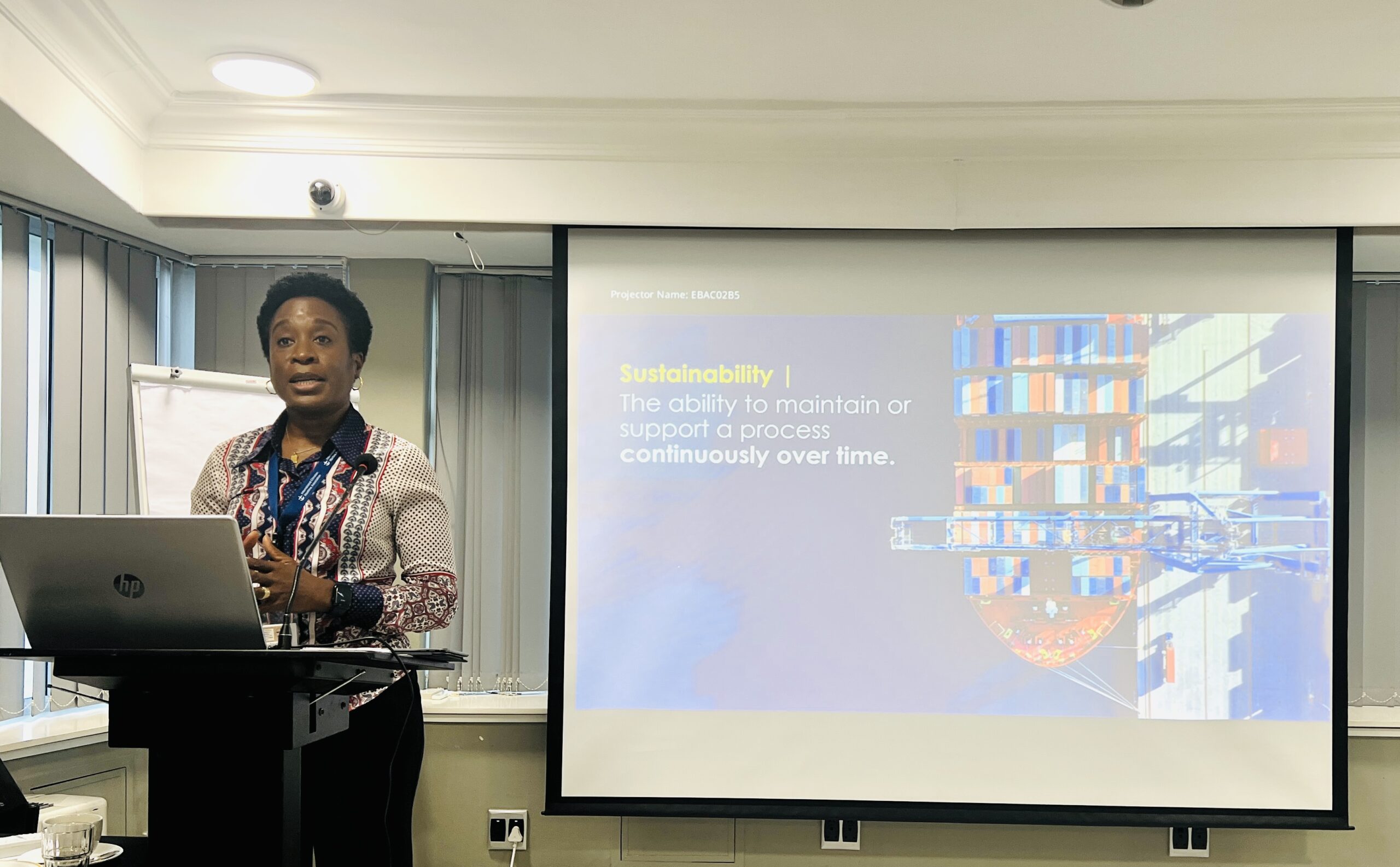Participants at the NAMMA Conference 2021 explored the challenges of self-care for chaplains and staff of maritime ministries. In times of uncertainty, a common challenge is our ability to care for our own health, or self-care. Self-care should be a priority in all parts of life, but is essential to resilience in the face of overwhelming stress, like the global COVID-19 pandemic.
In the session’s introductory video, Dr Jason Zuidema cited the definition of self-care from a World Health Organization publication as “the ability of individuals, families and communities to promote health, prevent disease, maintain health, and to cope with illness and disability with or without the support of a healthcare provider.”
Self-care should neither be reserved as an emergency response plan when we are close to burnout, nor is about being selfish. Rather it can have as focus our continued ability to give our best and serve those around us. Dr. Zuidema evoked in the video eight different ways self-care can be considered: Physical, Psychological, Emotional, Professional, Environmental, Spiritual, and Financial.
NAMMA Conference session participants broke into small groups to discuss their experience of self-care during the pandemic. The collected answers from the small groups are helpful for our consideration.
Do you think self-care has become more challenging during the pandemic?

When you are working with other chaplains, ship visitors and staff, what do you find are the biggest obstacles of them taking care of themselves?
- Follow-up with them
- Overdoing it. We work alone so much and feel compelled to go to the ends of the earth to satisfy the demands of seafarers.
- Being able to say no to the seafarers when the chaplains are overwhelmed. Sometimes we have too high expectations of ourselves.
- Too much reoccurring work and not enough time to do it. Try to call on others to help. We feel obligated re: vaccinations. It creates a time crunch.
- Wanting to meet the demands/needs/wishes of the Seafarers, wanting to take care of them.
- Technology creep, always plugged in
- Neglecting time with God, trying to do too much
- Social Isolation from each other as colleagues – it has felt much more challenging finding ways to support each other through this time.
How do we handle self-care when our schedule seems too busy?
- Prioritize and regroup.
- We keep the mission to care for the seafarers in the forefront of our minds.
- We take care of self-care the next day, instead of focusing on it now. Looking out how do you spend your time, especially your free time to prioritize taking care of your mental health. Example: Do a meditation instead of watch TV for hours on end.
- Turn off the computer or phone on the weekend at home.
- Not well….. gyms and rec centers have closed, extra work so less time to do “self-care”. Need to delegate, share responsibility
- It can be self-correcting. It helps to have others to work with who can hold you accountable
- Sermon prep – time in the Word
What are the elements or practices of a good self-care strategy for yourself or those involved in seafarers’ welfare?
- We all should have opportunities to meet more and work more together.
- Not put off caring for yourself. Sometimes we don’t recognize the importance of having time that is not “busy time”. Spending time spiritually. Example: Scripture and prayer. Time in prayer especially, prayer is powerful.
- Monthly mettings. To have lunch enabling us to express issues we have on our chest. Providing comfort to others brings comfort to us. (Providing mass on a ship over a death)
- Rather difficult to do so far, but hopefully as we get used to the limitations and restrictions we can begin to develop a better program. More volunteers would help us to be able to do self-care.
- Need to help yourself first
- Daily spiritual disciplines. Teaching and preaching along with the preparation time.
- Knowing our limits for what services we can realistically provide. It was good to work this through together as a team. I wish we had met more as a team.
Self-care is a subject of particular importance for maritime ministry, as chaplains, ship visitors, staff and volunteers need to be healthy to continue to serve seafarers.





